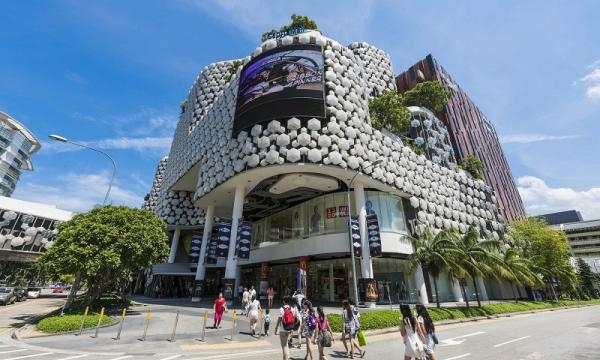
CapitaLand's profit dropped 89% to $96.61m in H1
The group suffered from lower contributions from its malls and residential projects.
CapitaLand Limited saw its profit sink 89% YoY to $96.61m in H1 from $875.37m in H1 2019, an SGX filing revealed. Operating profit also crashed 27.7% YoY to $261.2m.
Revenue dipped 4.9% YoY to $2.03m, no thanks to rental rebates of approximately $158.6m granted to tenants in Singapore, China and Malaysia, and lower contributions from shopping malls and residential projects in Singapore and China and the group’s lodging business.
The decline was partially mitigated by higher handover of residential units in Vietnam and new contributions from the AscendasSingbridge portfolio.
In terms of asset class, residential and commercial strata and urban development constituted 15.9% or $322.8m of the total revenue in H1. Investment properties comprising commercial, retail, business park, logistics and industrial, and serviced residence properties accounted for 84.1% or $1.7b of total revenue.
Earnings before interest and tax (EBIT) plunged 71% YoY $596.8m in H1, mainly attributable to fair value losses of investment properties in H1, lower portfolio gains from assets recycling, and lower contribution from retail and lodging operations. The group’s EBIT from operation saw a 5.3% decrease due to the impact from the COVID-19 outbreak on their retail, lodging and residential handover.
At EBIT level, the portfolio gains in the same period of $37.9m arose mainly from the divestment of a shopping mall in China.
EBIT from Singapore operations sank 96.5% YoY, mainly due to fair value losses from revaluation of investment properties held through CMT and CCT in H1, lower operating contributions from residential projects and investment properties including the rental rebates, and lower gains from assets recycling. The lower EBIT was partially mitigated by JSS grants received from the government and contributions from the business park acquired in June 2019.
Meanwhile, China EBIT crashed 54.9% no thanks to lower handover of units from residential projects, closure of malls and lodging properties in January and February during the lockdown period, rental rebates given to malls’ tenants, and lower portfolio gains.
























 Advertise
Advertise










